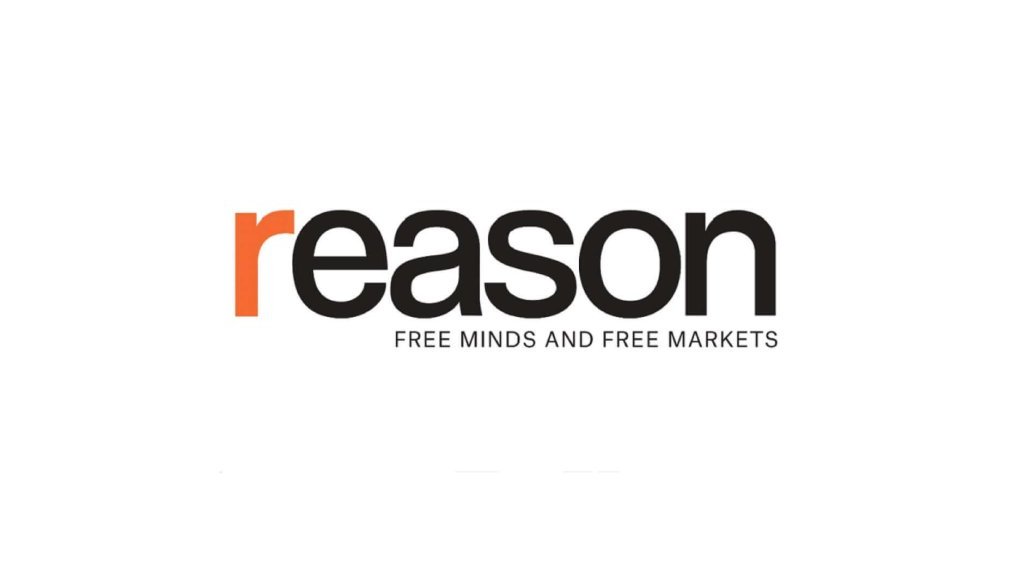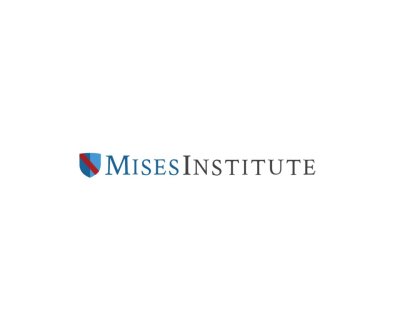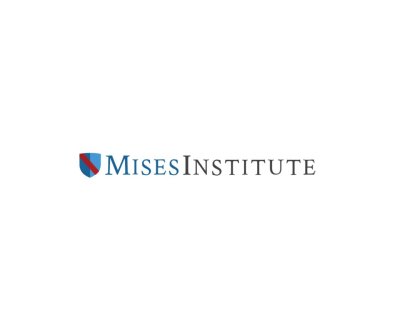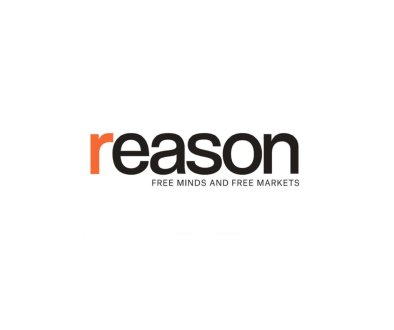“The Court Denies the Government’s Attempt to Muzzle the Court”
From the introduction and conclusion of a decision by Magistrate Judge Zia Faruqui (D.D.C.) in In re: Search of One Device and Two Individuals (decided last week but just released Wednesday):
The government has moved to seal seemingly forever an order of the Court. But this is the Court’s order, not the Executive’s order. So the Court, not the Executive, decides unsealing. For the reasons stated below, the Court DENIES the government’s attempt to muzzle the Court….
No secret courts. This means no forever sealed judicial decisions—including warrants—as they are the foundation for secret courts. Without visibility, the public cannot hold courts or the government accountable. The Framers knew this. Thomas Jefferson said “wherever the people are well informed they can be trusted with their own government; that whenever things get so far wrong as to attract their notice, they may be relied on to set them to rights.” Transparency is foundational to what makes America great.
Transparency requires courts to timely unseal—with redactions if needed—every judicial decision, including search warrants. Courts abdicate their duty to ensure transparency if they only monitor unsealing in high profile warrants.
The largely unsealed May 6 order appears to be here; here’s an excerpt from the long May 29 decision justifying the unsealing (with redaction) of the order:
“It is clear that the courts of this country recognize a general right to inspect and copy public records and documents, including judicial records and documents.” “The public’s right of access to judicial records derives from two independent sources: the common law and the First Amendment.” …
“… [A] common law presumption of access [attaches to the order] …, which the government can rebut only by showing competing interests that compel a conclusion that justice requires maintaining a seal. The Hubbard factors govern this analysis.” There are six Hubbard factors that the Court must consider:
(1) the need for public access to the documents at issue; (2) the extent of previous public access to the documents; (3) the fact that someone has objected to disclosure, and the identity of that person; (4) the strength of any property and privacy interests asserted; (5) the possibility of prejudice to those opposing disclosure; and (6) the purposes for which the documents were introduced during the judicial proceedings.
As to the first factor, there is a great need for public access. “Access to [judicial decisions about] search warrants and affidavits of probable cause can reveal how the judicial process is conducted. The procedures employed by the prosecutor and law enforcement can be evaluated. Access may also disclose whether the judge is acting as a neutral magistrate [judge].” “And the issuance of public opinions is core ‘to the transparency of the court’s decisionmaking process.'” “Indeed, since at least the time of Edward III, judicial decisions have been held open for public inspection.” Unsealing the May 6 Order is essential for the public to see the government’s overreach in searching cellphones without probable cause and publishing precedent as courts unpack future such requests. Indeed, at least one magistrate judge in this district has already refused to sign a similar warrant based on the May 6 Order.
The government argues—without explanation—there is “no stated need” for public access to the May 6 Order. Yet, the stated need could not be more important: public confidence in “the rule of law.” …
The government’s argument is focused on the
Article from Reason.com

The Reason Magazine website is a go-to destination for libertarians seeking cogent analysis, investigative reporting, and thought-provoking commentary. Championing the principles of individual freedom, limited government, and free markets, the site offers a diverse range of articles, videos, and podcasts that challenge conventional wisdom and advocate for libertarian solutions. Whether you’re interested in politics, culture, or technology, Reason provides a unique lens that prioritizes liberty and rational discourse. It’s an essential resource for those who value critical thinking and nuanced debate in the pursuit of a freer society.




